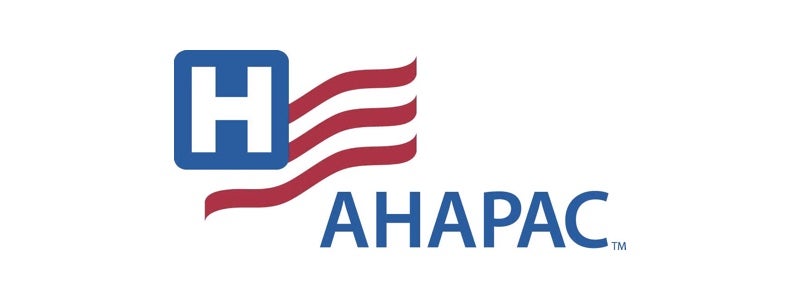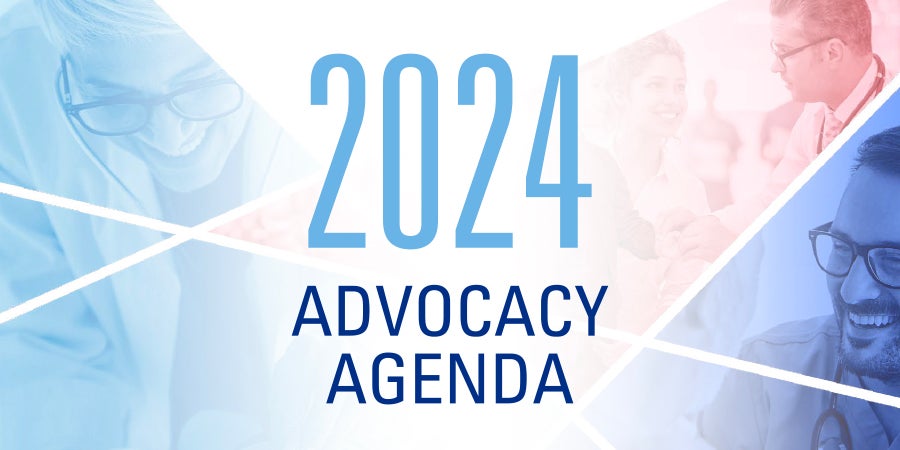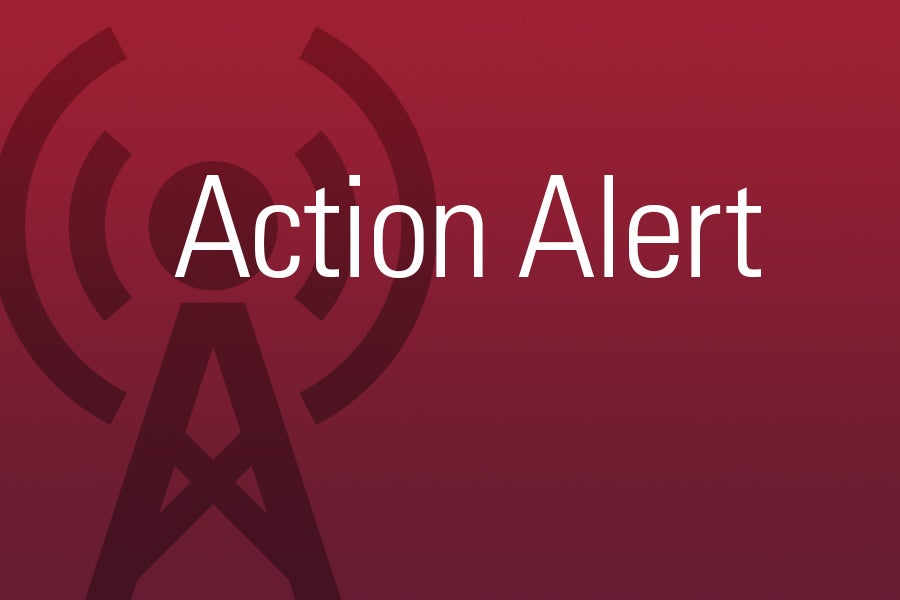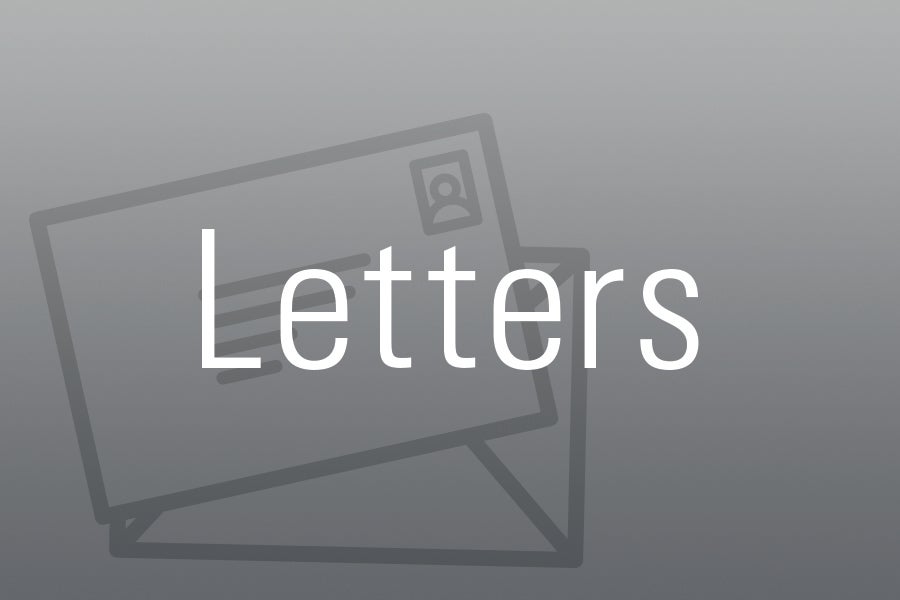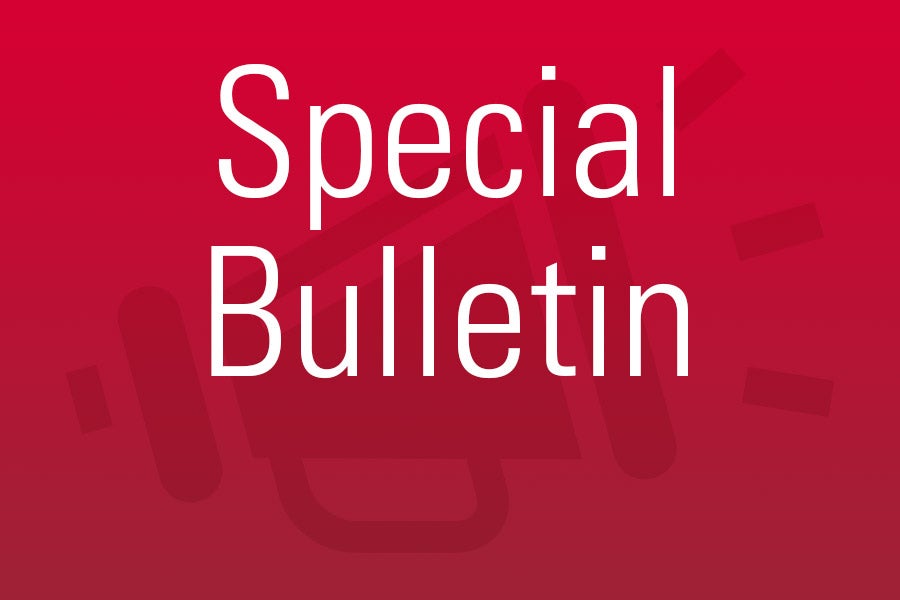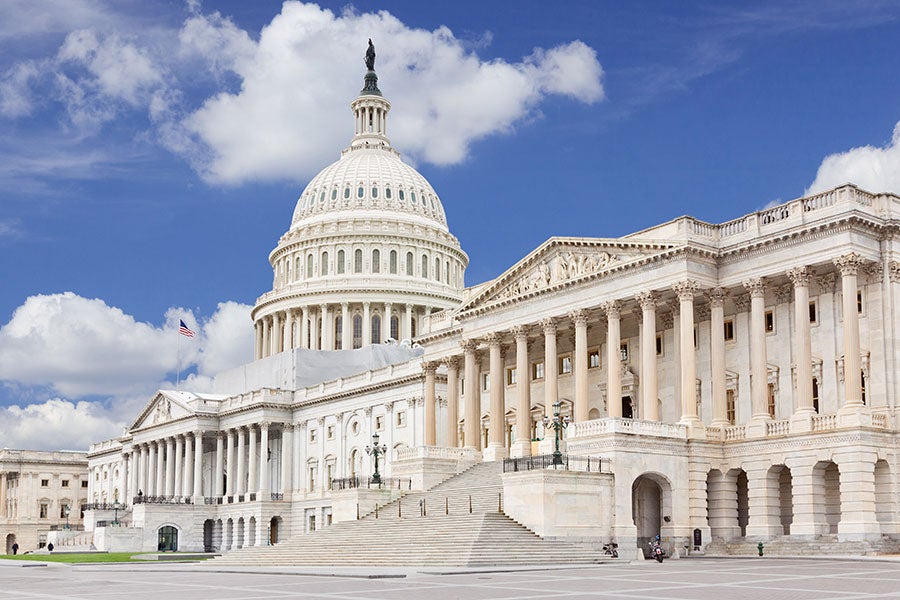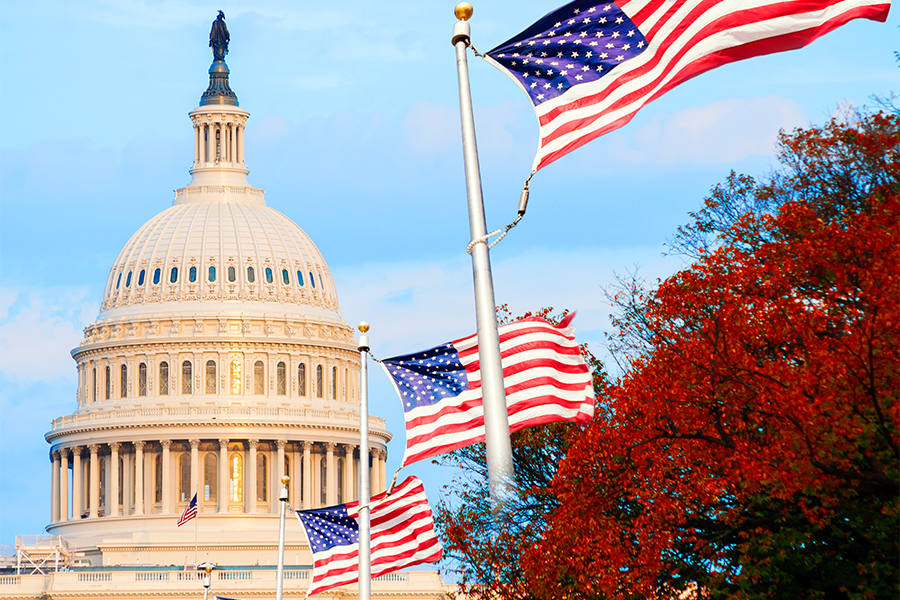ACTION NEEDED: Contact Lawmakers Now on Important Issues Facing Hospitals and Health Systems
Lawmakers return Sept. 9 to Washington for three weeks to consider government funding, which expires Oct. 1. Congress must pass a continuing resolution (CR) by Sept. 30 to avoid a government shutdown. Leading into the election, lawmakers will return to their home districts but return to Washington in November for a busy lame-duck session when key funding issues, including Medicaid disproportionate share hospital (DSH) and rural programs, will be on the agenda.
During the next few weeks and again following the election, the field needs to engage with members of Congress to remind them of the importance of preserving access to care by continuing to fund vital programs and avoid harmful policies such as site-neutral payments. It is essential that federal lawmakers understand the challenges hospitals and health systems face and what is at stake for the patients and communities they represent.
While AHA makes the case in Washington, D.C., hospital and health system leaders must reinforce these important messages back home. Your legislators listen to you because you live, work, vote and provide care in their communities. Lawmakers need to hear how congressional support is necessary to ensure hospitals can provide the 24/7 access to care patients and communities depend on.
Areas of Focus and AHA Resources
Prevent damaging cuts to hospitals. The Medicaid DSH program provides essential financial assistance to hospitals that care for our nation’s most vulnerable populations — children, impoverished, disabled and elderly. The Medicaid DSH payment reductions are scheduled to be implemented on Jan. 1, 2025, when $8 billion in reductions take effect. Congress should provide relief from the Medicaid DSH cuts.
In addition, MDH and LVA programs provide rural, geographically isolated and low-volume hospitals additional financial support to ensure rural residents have access to care. These programs are set to expire Dec. 31, 2024. Congress should extend or make these critical rural programs permanent. AHA member hospitals participating in the MDH and/or LVA programs received an Alert with data on the impact on their organization if these programs expire.
Reject so-called site-neutral payment proposals. When Congress returns from recess, AHA expects to see continued efforts to push proposals that would enact additional site-neutral payment cuts. Urge your lawmakers to oppose any site-neutral payment proposal as they would impose billions of dollars in additional Medicare payment cuts for services provided by hospital outpatient departments. It’s important to emphasize that these proposals would reduce patient access to vital health care services, particularly in rural and other medically underserved communities.
Hold commercial health plans accountable. Certain health plan practices threaten patient access to care, contribute to clinician burnout and add excessive administrative costs and burden to the health care system. Regulators should increase their oversight of health plans and implement a comprehensive simplification agenda, beginning with streamlining prior authorization requirements and processes and monitoring for abusive payment delays and denials. Urge Congress to pass the Improving Seniors Timely Access to Care Act — bipartisan legislation that would streamline the prior authorization process in the Medicare Advantage program.
Permanently adopt telehealth and hospital-at-home waivers. During the public health emergency, Congress established a series of waivers expanding access for millions of Americans and increasing convenience in caring for patients. Telehealth holds tremendous potential to leverage geographically dispersed provider capacity to support patient demand. Congress should permanently adopt telehealth waivers and expand the telehealth workforce.
Hospital-at-home programs are a safe, innovative way to care for patients in the comfort of their homes. With over 300 hospitals with hospital-at-home programs, many other hospitals and health systems indicate they are interested in developing programs for their communities but are reluctant to do so without congressional action. Urge Congress to pass the Hospital Inpatient Services Modernization Act (H.R. 8260/S. 4350), extending the hospital-at-home waiver for five years through 2029. The current waiver is set to expire Dec. 31, 2024.
Protect America’s health care workers. Enactment of the Safety from Violence for Healthcare Employees (SAVE) Act (H.R. 2584/S. 2768) is a top priority for the AHA and the hospital field. This bipartisan bill would provide federal protections from workplace violence for hospital workers, similar to the protections in current law for airport and airline workers. Urge your lawmakers to cosponsor the bipartisan SAVE Act.
Get up to speed on the issues in which AHA is engaged, due to their significant impact on hospitals and health systems.
